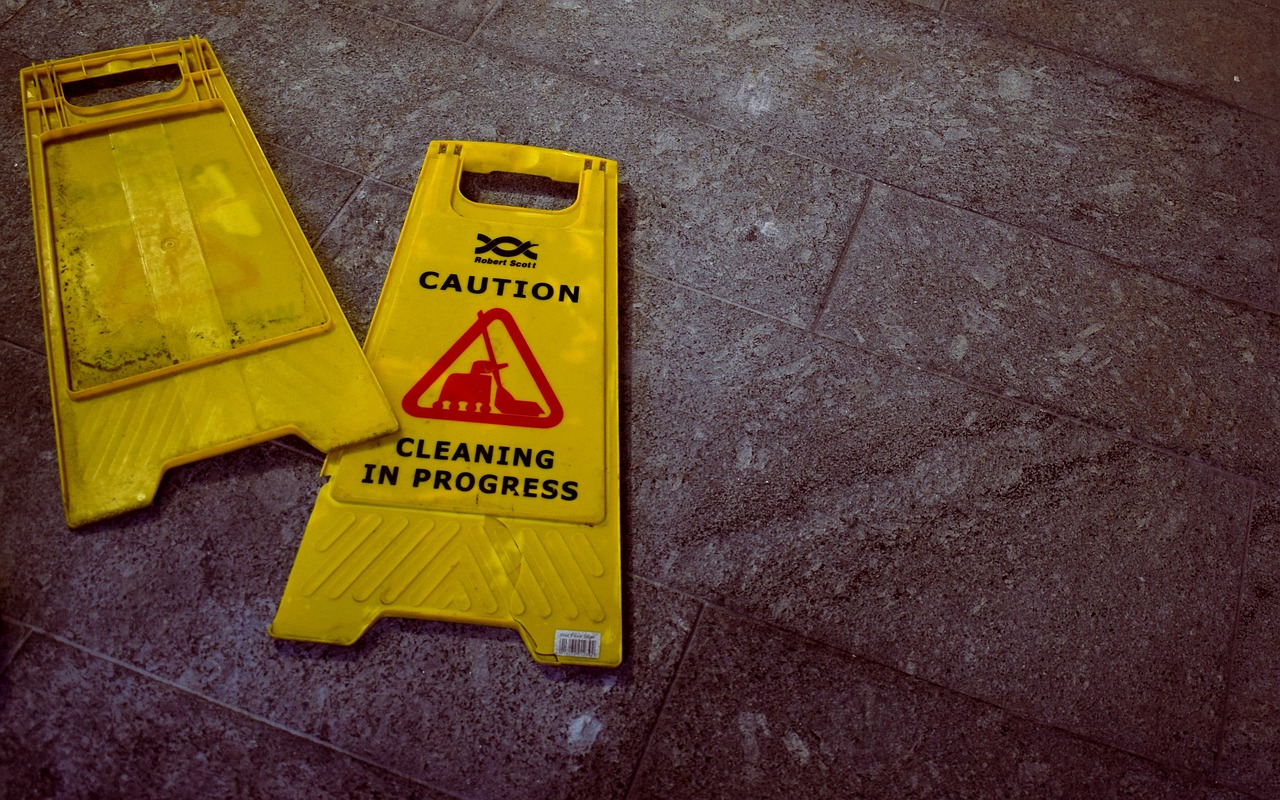Recycling and Waste Management in Family Practice Offices
world777, 11xplay pro, betbook247 app login: Recycling and Waste Management in Family Practice Offices
In today’s world, where environmental sustainability is at the forefront of global discussions, it’s essential for businesses of all sizes to play their part in reducing waste and promoting recycling. Family practice offices, just like any other workplace, generate a significant amount of waste daily. From paper to plastics, medical waste to electronic equipment, there are various materials that need proper disposal to minimize the impact on the environment.
Implementing effective recycling and waste management practices in family practice offices not only helps reduce the ecological footprint but also promotes a clean and healthy workspace for staff and patients. In this blog post, we will discuss practical tips and strategies for recycling and waste management in family practice offices, emphasizing the importance of sustainable practices in healthcare settings.
Reduce, Reuse, Recycle: The Three Rs of Waste Management
1. Assess Your Current Waste Generation: The first step in implementing an effective recycling and waste management program is to conduct a waste audit. Identify the types of waste generated in your office, including paper, plastics, glass, metals, and hazardous materials. This will help you understand the volume and composition of waste produced and identify opportunities for improvement.
2. Create a Recycling Plan: Once you have assessed your waste generation, develop a recycling plan that outlines the types of materials that can be recycled and how they should be sorted and collected. Label bins for paper, plastics, glass, and other recyclables to make it easy for staff to dispose of waste properly.
3. Educate Staff: Training and educating staff on the importance of recycling and waste management is critical to the success of your program. Make sure all employees are aware of the recycling plan and know how to properly sort and dispose of recyclable materials.
4. Reduce Paper Usage: Paper waste is a significant issue in office environments. Implement paperless practices where possible, such as using electronic medical records, sending emails instead of printing memos, and using digital forms for patient intake. Encourage staff to print double-sided and recycle paper that is no longer needed.
5. Dispose of Hazardous Waste Properly: Medical practices produce hazardous waste that must be disposed of safely and according to regulations. Ensure that sharps, chemicals, and other hazardous materials are collected and disposed of by certified waste management companies to prevent harm to the environment and public health.
6. Implement a Composting Program: If your office generates organic waste, consider implementing a composting program. Composting food scraps, coffee grounds, and other organic materials can reduce the amount of waste sent to landfills and create nutrient-rich soil that can be used in gardens or landscaping.
7. Purchase Recycled and Eco-Friendly Products: When purchasing office supplies, furniture, and equipment, opt for recycled and eco-friendly products whenever possible. Look for items made from sustainable materials, such as bamboo or recycled plastics, and choose products with minimal packaging to reduce waste.
FAQs
Q: How can I encourage staff to participate in recycling and waste management initiatives?
A: Engage staff in the process by soliciting their input, providing training and education, and recognizing and rewarding their efforts. Make recycling bins easily accessible and clearly labeled to make it easy for employees to participate.
Q: What are the benefits of implementing recycling and waste management in family practice offices?
A: Implementing recycling and waste management practices can help reduce operating costs, improve environmental sustainability, enhance the reputation of your practice, and create a healthier workplace for staff and patients.
Q: How can I measure the effectiveness of my recycling and waste management program?
A: Track key performance indicators, such as the volume of waste diverted from landfills, the amount of recycled materials collected, and the cost savings associated with recycling initiatives. Use this data to identify areas for improvement and set goals for continual progress.
In conclusion, recycling and waste management in family practice offices is a crucial aspect of operating a sustainable and environmentally responsible healthcare facility. By implementing the three Rs of waste management, educating staff, reducing paper usage, disposing of hazardous waste properly, composting organic materials, purchasing sustainable products, and measuring program effectiveness, you can create a greener and healthier workplace for all. Let’s work together to make a positive impact on the planet and our communities.






